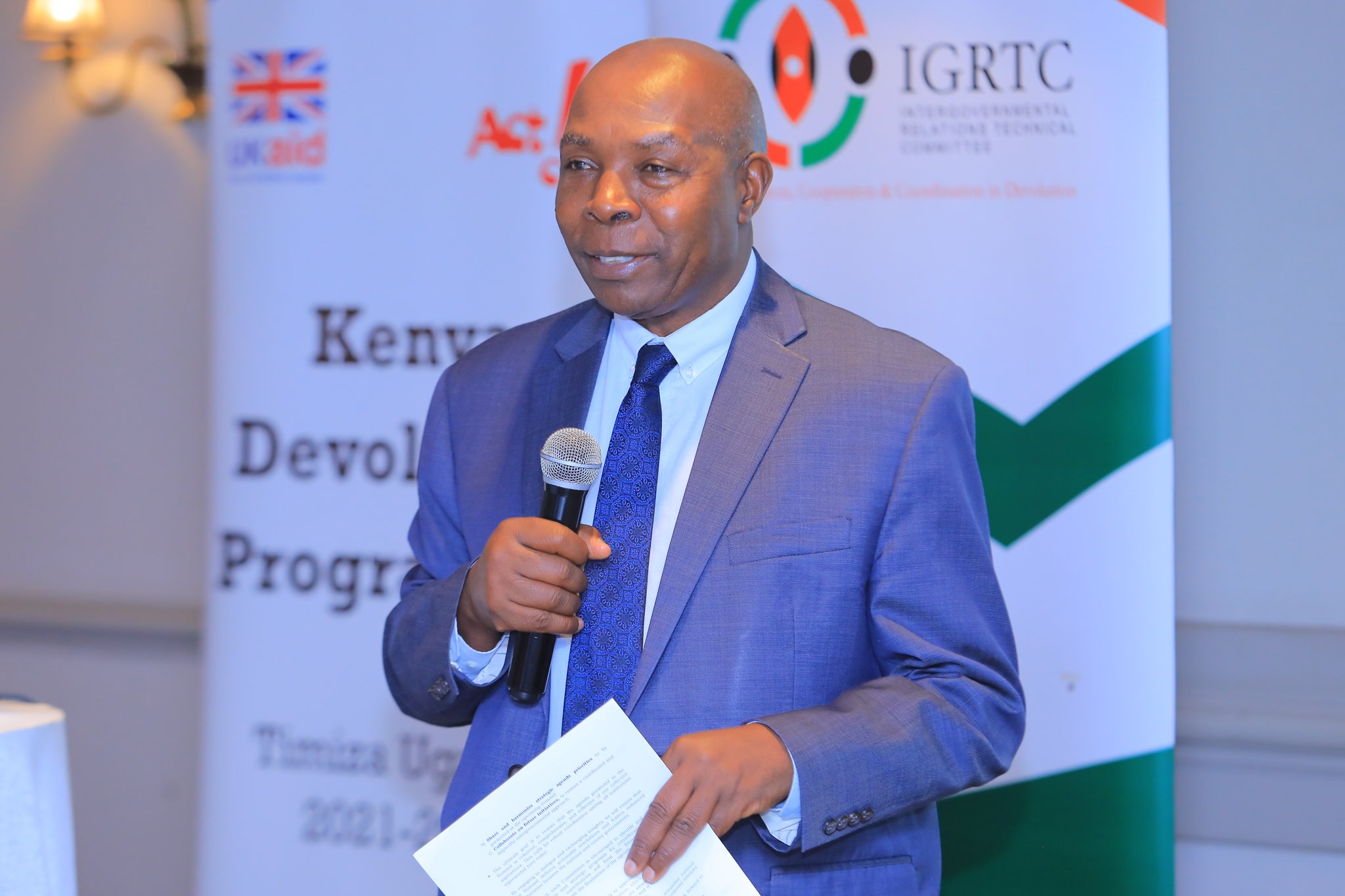

Anxiety has gripped some civil servants in departments whose functions are set to be fully transferred to counties by July 1, as budget cuts and restructure is imminent.
Counties are set to assume their full functions as outlined in the 14th schedule of the constitution after the Cabinet approved unbundling of functions to the devolved units.
This is with the directive that the roles be costed to increase the sharable revenue sent to counties.
The Intergovernmental Relations Technical Committee gazetted the functions which include trade development and regulations, firefighting services and disaster management, health services and pre-primary education, among others.
The gazette number is 16472. The control over education services stretches the powers of counties to oversee village polytechnics, homecraft centres and childcare facilities.
Others include public works and services, county transport, natural resources and environmental conservation, agriculture, animal control and welfare, control of drugs and pornography, county planning and development including survey and mapping and boundaries and fencing, Others are cultural activities, public entertainment and public amenities.
IGRTC chairman Kithinji Kiragu said with this, more parastatals and departments are set to be restructured and some may be seconded to counties as they will lose budgets.
Kiragu said the Council of Governors, the Senate and his committee have agreed to leave the budgetary audit and costing of the unbundled roles to the Commission on Revenue Allocation.
“They will do the costing of the roles to determine how much the counties will be added as part of the sharable revenues when the new generation of the resource sharing formular is compiled,” Kiragu said.
He said the transfer of the functions was in the interest of the country and in full implementing the constitution.
“The delay in unbundling of devolved functions is because of hesitancy in releasing of resources. Some public sector players have been resisting letting go of resources. Successful implementation of devolution is critical to long-term survival of Kenya,” he said.
However, entities like the National Museums that had tried to devolve their function had faced staff resistance, as most of them refused to be seconded to county government.
For example, in Kisumu, when
the National Museums handed the
management of the museums in the
lakeside city to the devolved administration, only nine of 42 staff accepted to be seconded to the county,
making the facilities lack adequate
staff to man it.









![[PHOTOS] Ruto at Pope Francis' burial](/_next/image?url=https%3A%2F%2Fcdn.radioafrica.digital%2Fimage%2F2025%2F04%2F844cb891-abd4-4ee5-bc2d-2a0c21fa3983.jpeg&w=3840&q=100)


